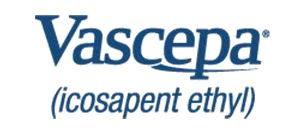by Dennis Crouch
Amarin Pharma, Inc. v. Hikma Pharmaceuticals USA Inc., No. 2023-1169 (Fed. Cir. June 25, 2024).
This is another "skinny label" generic pharmaceutical patent case. The basic setup involves a drug that has several different approved uses; with the branded manufacturer holding patents covering only some of the uses. The generic company is then permitted to sell the drug, but is labelled only for non-patented uses. These labels are known as carve-out or "skinny" labels under 21 U.S.C. § 355(j)(2)(A)(viii).
It is inevitable that people will purchase and use the generic drugs for the patented uses, and that the generic distributer will be accused accused of inducing those infringing acts. Although the generic typically makes a profit on these sales, it those profits pale in comparison to the profits lost by the branded company.
Amarin v. Hickma highlights some of the challenges that generics are facing when marketing drugs with these carved-out labels. One difficulty is that the FDA severely limits what the generic can say about the drug and its uses, and the carve-out is generally based upon statements made by the patentee. Here, the court follows a label-plus approach. The skinny label itself will not be enough to show inducement, but that evidence can be combined with other evidence (such as marketing) to prove liability.
To continue reading, become a Patently-O member. Already a member? Simply log in to access the full post.
